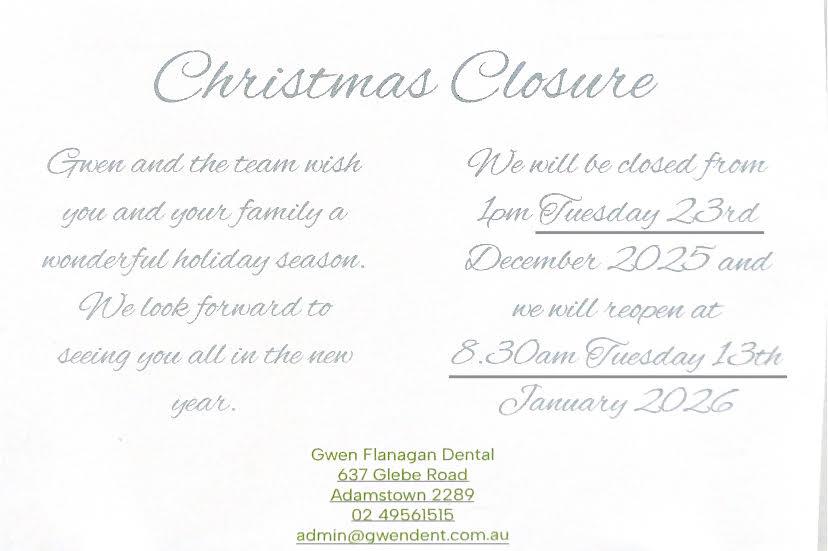
Periodontal Disease Prevention and Treatment
Any surgical or invasive procedure carries risks. Before proceeding, you should seek a second opinion from an appropriately qualified health practitioner.
 Periodontal (gum) disease is a growing problem for many. It may cause pain, bad breath, and affect your systemic health.
Periodontal (gum) disease is a growing problem for many. It may cause pain, bad breath, and affect your systemic health.
While good oral hygiene habits can help prevent periodontal disease, it can still happen due to a number of factors related to your overall health. Hormonal changes, medications, lifestyle habits, and age can all affect the health of your gums.
We strive to catch it early so we can address the problem when it is easier to treat.
What Is Periodontal Disease?
Periodontal disease is caused by plaque that builds up on the teeth and especially under the gumline. The sticky plaque attracts bacteria and eventually turns into hard tartar. The tartar and bacteria irritate the gums and create an infection. You cannot remove tartar with your toothbrush or floss alone, not matter how often you brush.
Our dental hygienists have the proper training and tools to restore your oral health.
Preventing Periodontal Disease
Brushing twice daily and flossing every evening using good techniques will help remove a lot of plaque, but even the most diligent brusher and flosser may have a hard time cleaning off all the plaque, especially when it hides under the gumline.
You can improve your chances of staving off periodontal disease by getting twice-yearly professional dental cleanings from one of our dental hygienists.
So what if you brush, floss, and get your regular cleanings like you are supposed to and still get periodontal disease?
Other factors can contribute and cause a predisposition to gum disease:
- Smoking automatically increases your odds of developing gum disease. If you need help quitting, talk to your dentist.
- Diabetes and heart disease have both been linked to periodontal disease.
- Numerous prescription medications are known to cause dry mouth, which can contribute to gum disease.
- Illnesses that inhibit your immune system, including cancer, increase your chances of developing periodontal disease.
- Genetics also play a role. Gum disease tends to run in families.
Treating Periodontal Disease
How your gum disease is treated will depend a great deal on how advanced it is and how much damage it has caused. It’s important to treat gum disease, even in the early stages. Untreated gum disease will not only progress in your mouth, but can also lead to health troubles throughout the rest of your body.
Mild gum disease can often be treated with a renewed commitment to good oral hygiene habits and an antimicrobial mouthwash. Moderate-to-advanced gum disease may require a deep cleaning treatment known as scaling and root planing. During this treatment, we remove the tartar from below the gumline and between your teeth.
Are you concerned that you might have periodontal disease? Call our office so that we can evaluate your gum health.
Frequently Asked Questions
A good guideline is to brush your teeth at least twice daily using the proper technique. We can demonstrate this for you so that you get the most out of your brushing. Of course, if your teeth feel dirty or if you eat sugary snacks, brushing your teeth more often can help prevent decay.
Even with excellent hygiene habits, it is impossible to reach the smallest areas of your teeth with your toothbrush and floss alone. Over time, the missed plaque will harden into tartar, which can only be removed with a dental hygienist's tools. When tartar accumulates beneath the gum line, the end result is red, puffy, inflamed gums — the beginnings of periodontal disease.
Any surgical or invasive procedure carries risks. Before proceeding, you should seek a second opinion from an appropriately qualified health practitioner.
In its earliest stages, we can reverse gum disease with the proper dental care and at-home oral hygiene routines. Once gum disease has progressed past a certain point, however, the disease is not reversible and will likely require additional care to keep it from progressing.
Regular dental cleanings and exams will help keep your gums in great shape, but what you do at home matters as well. Brush twice daily and floss every evening. Our hygienists will be happy to show you good brushing and flossing technique if you need a reminder.
Other steps you can take to prevent gum disease include:
- Don't smoke or chew tobacco.
- Eat a healthy diet full of fresh fruits and vegetables.
- Use an antiseptic mouthwash. We'll be happy to recommend one.
- If you have a health condition that can affect your dental health such as diabetes, heart disease, or cancer, please let us know so that we can take extra steps to help keep your gums healthy.
Any surgical or invasive procedure carries risks. Before proceeding, you should seek a second opinion from an appropriately qualified health practitioner.
The appropriate treatment for your gum disease will vary depending on your needs. An oral evaluation can help us determine the correct approach. Some treatments may include:
- An increased dedication to excellent oral hygiene
- Antimicrobial rinses and other products
- An antibiotic medication that is placed in the gum pockets
- Deep cleaning (scaling and root planing)
- Laser therapy
- Gum surgery
We will discuss your situation with you and recommend the treatment that we believe will be the most appropriate to improve and maintain your oral health.
Our Team
-

Dr. Gwen Flanagan
Principal Dentist
Gwen is Newcastle born and bred, growing up in Cooks Hill before graduating in dentistry at Sydney University in 1987. Gwen brings years of experience, gained from practicing dentistry in Public Hospitals and Private Practice in Sydney and also working overseas in the United Kingdom (British) dental system. Gwen worked in Cobar, NSW in her own dental practice for several years before returning to her home town of Newcastle. She has spent the balance of her dental career in our great city, where she currently provides her years ...
Read More


